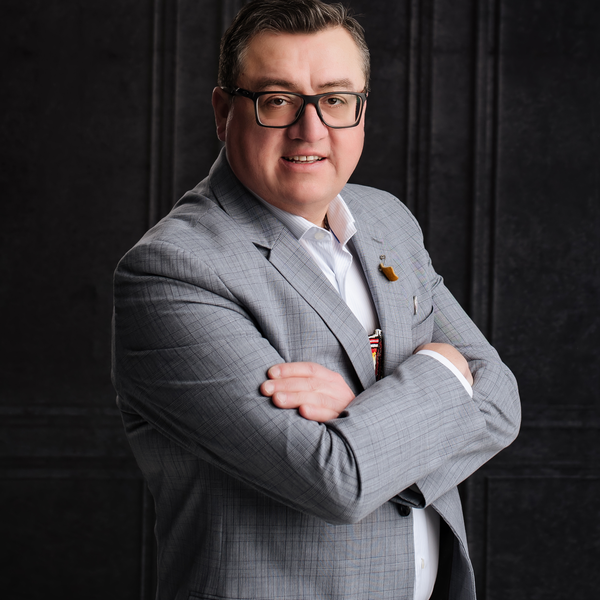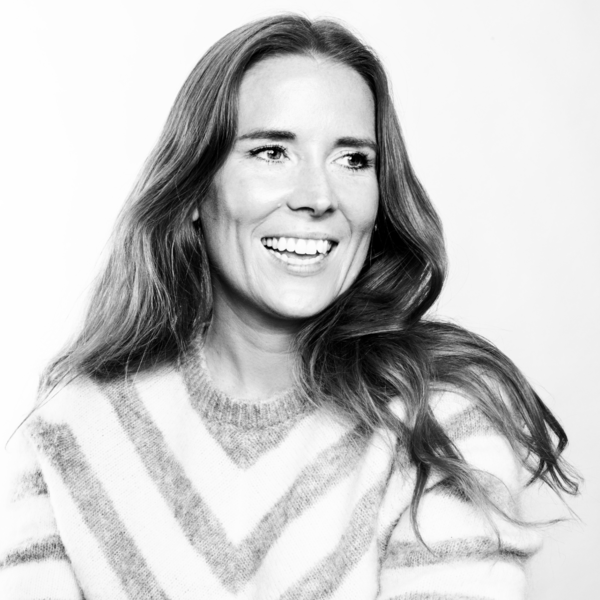
Our bodies, their profits: Inside UnitedHealth’s delays & denials playbook
(This content was generated with AI)
UnitedHealth Group Under Fire: Whistleblower Exposes Profit-Driven Healthcare Practices at Web Summit Vancouver 2025
![]()
At Web Summit Vancouver 2025, Dr. Maxwell Ollivant, a former UnitedHealthcare (UHC) nurse practitioner, revealed alarming practices prioritizing profits over patient well-being. He described a system where healthcare providers were incentivized to minimize hospitalizations, even when medically necessary. This system, referred to as “the playbook,” involved a call center staffed with healthcare providers who had never met the patients and whose primary function seemed to be delaying care through additional questioning.
Dr. Ollivant explained how UHC rewarded nursing facilities financially for low hospitalization rates, creating a conflict of interest in patient care. These facilities received a base payment for enrolled patients and a larger sum for staying within strict hospitalization limits. Exceeding these limits, even for legitimate medical emergencies, resulted in financial penalties for both the facility and the healthcare provider.
Dr. Ollivant shared several harrowing examples of patients denied necessary care due to this system. One patient exhibiting stroke symptoms was initially misdiagnosed by the call center, leading to a delay in treatment and permanent neurological damage. Another patient experiencing a life-threatening gastrointestinal bleed was initially discouraged from hospitalization by Dr. Ollivant’s manager, causing a critical delay in care. In another instance, Dr. Ollivant was reprimanded for bypassing the lengthy approval process to ensure immediate care for a patient suffocating on his own blood.
Ms. Penny Daflos, a senior journalist with CTV News Vancouver, moderated the discussion, highlighting the gravity of these allegations, particularly given the use of American taxpayer dollars. Ms. Libby Liu, CEO of Whistleblower Aid, the organization supporting Dr. Ollivant, emphasized the importance of whistleblower protection and the contagious nature of courage. She noted that Dr. Ollivant’s revelations could empower others within UHC to come forward with their own experiences.
Dr. Ollivant described the emotional toll of speaking out against his former employer, including the fear of professional and social repercussions. He credited marathon running as a coping mechanism during this challenging period. He expressed relief at finally being able to share his story and hoped it would bring validation to affected families and serve as a warning to others considering UHC.
The discussion concluded with a call for greater accountability in the healthcare industry and a warning about the potential dangers of unchecked privatization. Dr. Ollivant urged Canadian policymakers to prioritize accountability and prevent similar practices from taking root in their healthcare system.

